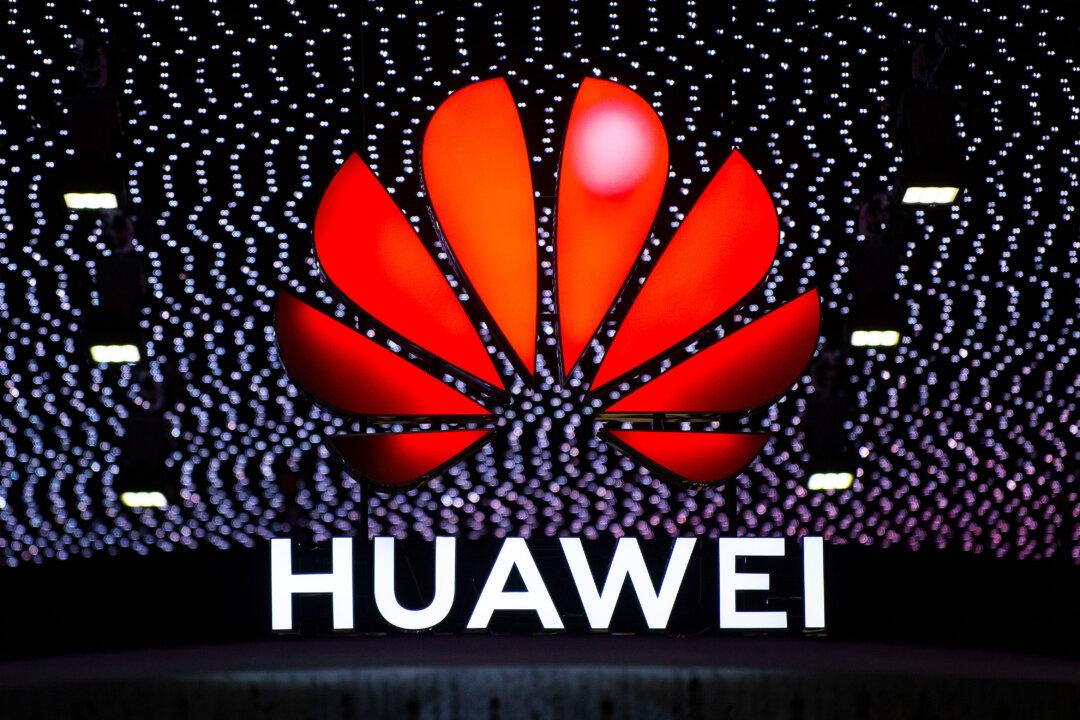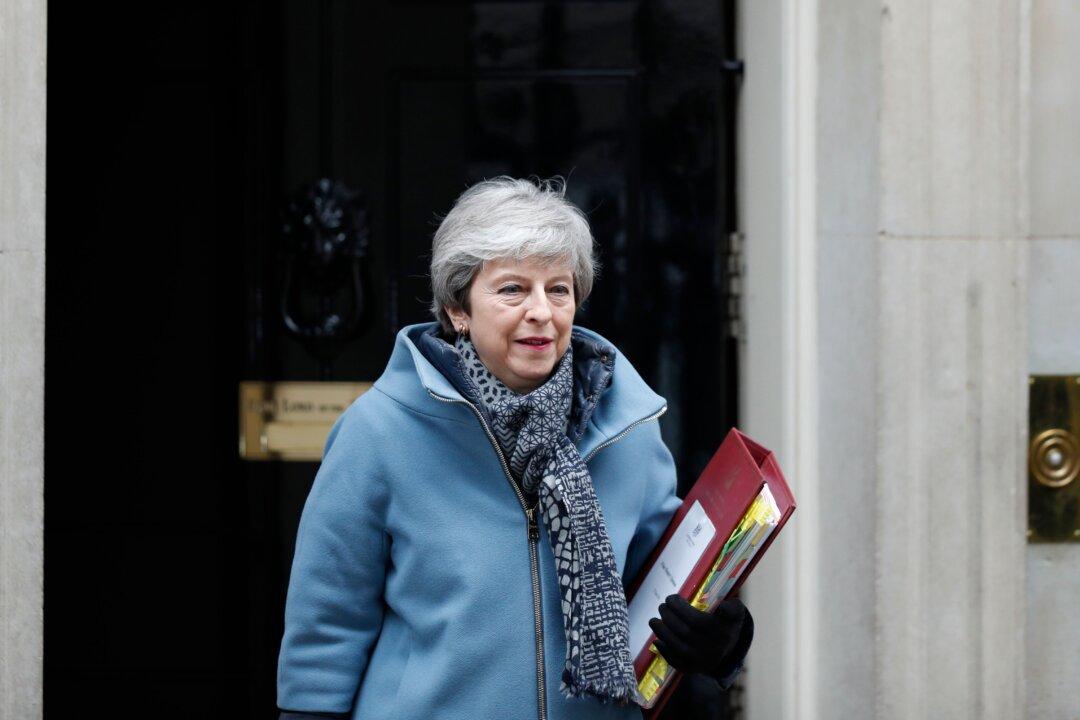LONDON—Chinese telecom company Huawei has been strongly criticized in the United Kingdom for its security failings.
The board overseeing Huawei equipment in the UK, which is linked to the Government Communications Headquarters (GCHQ) security service, said Huawei had failed to fix long-standing security issues.




